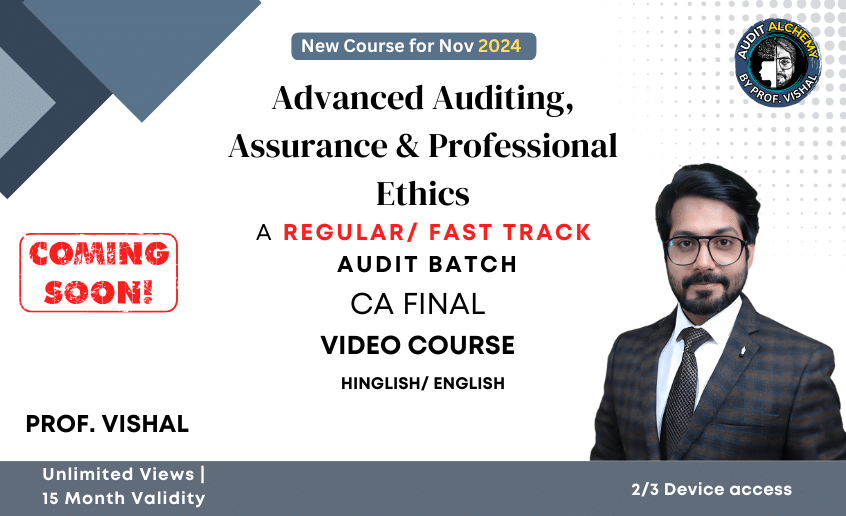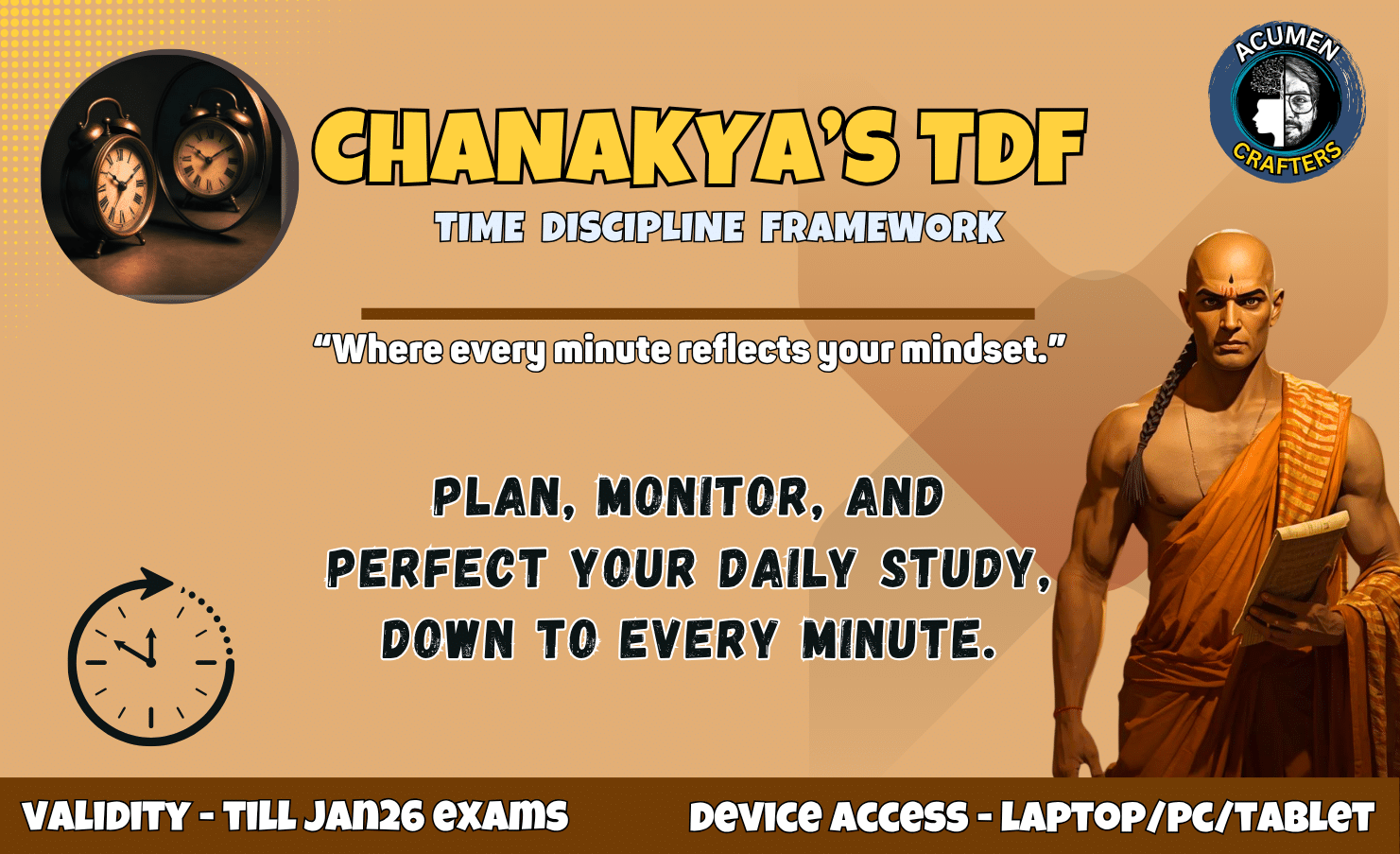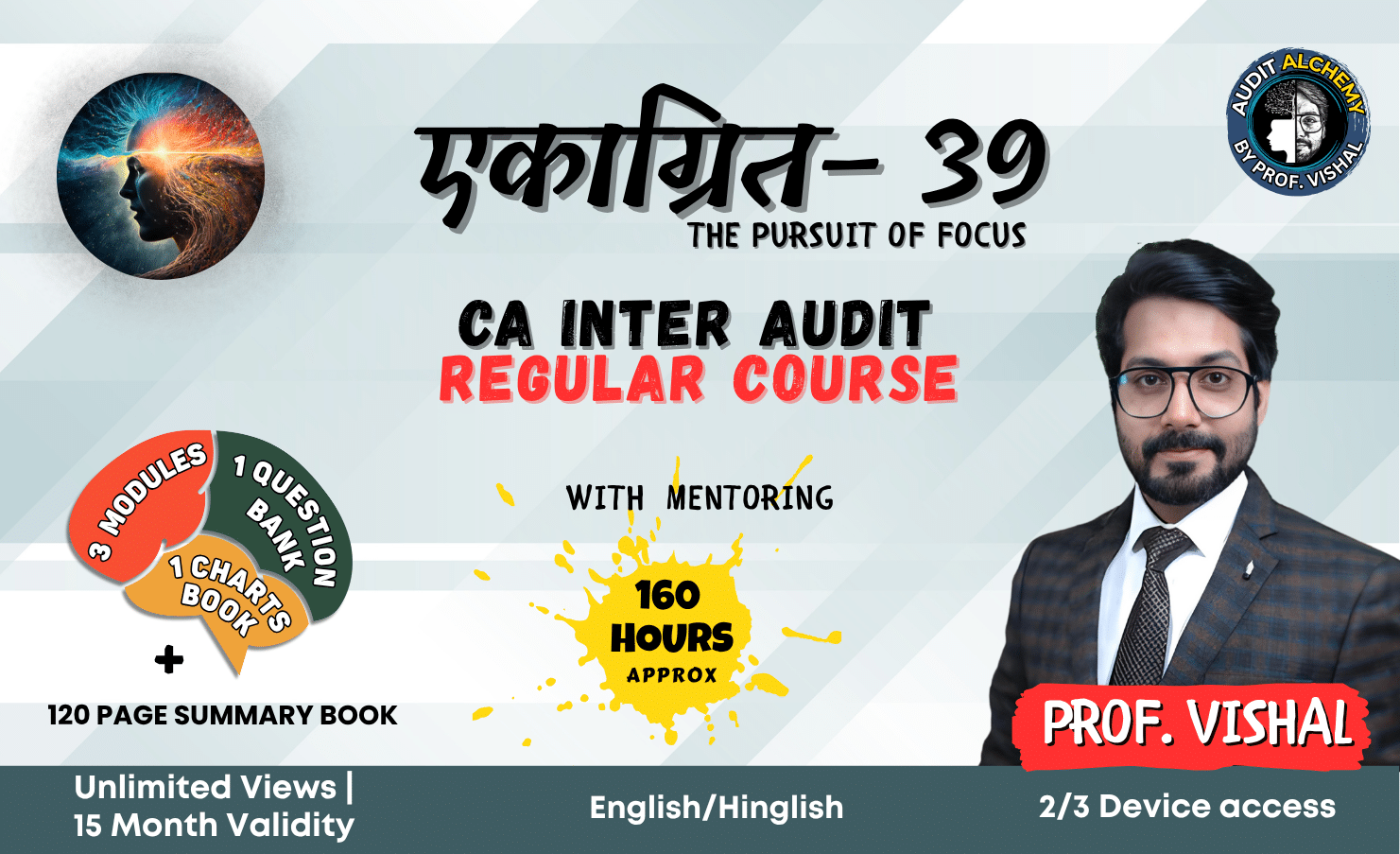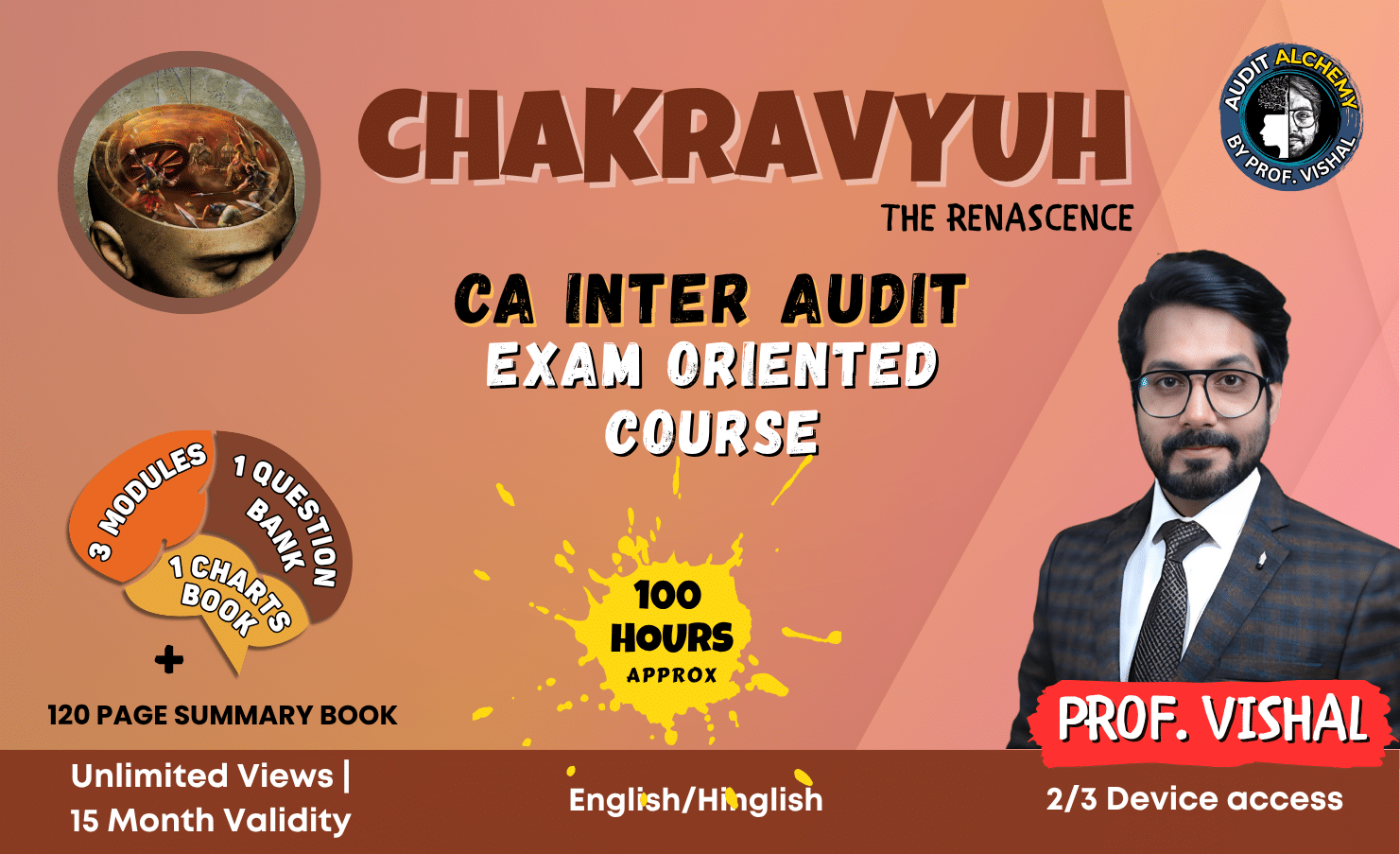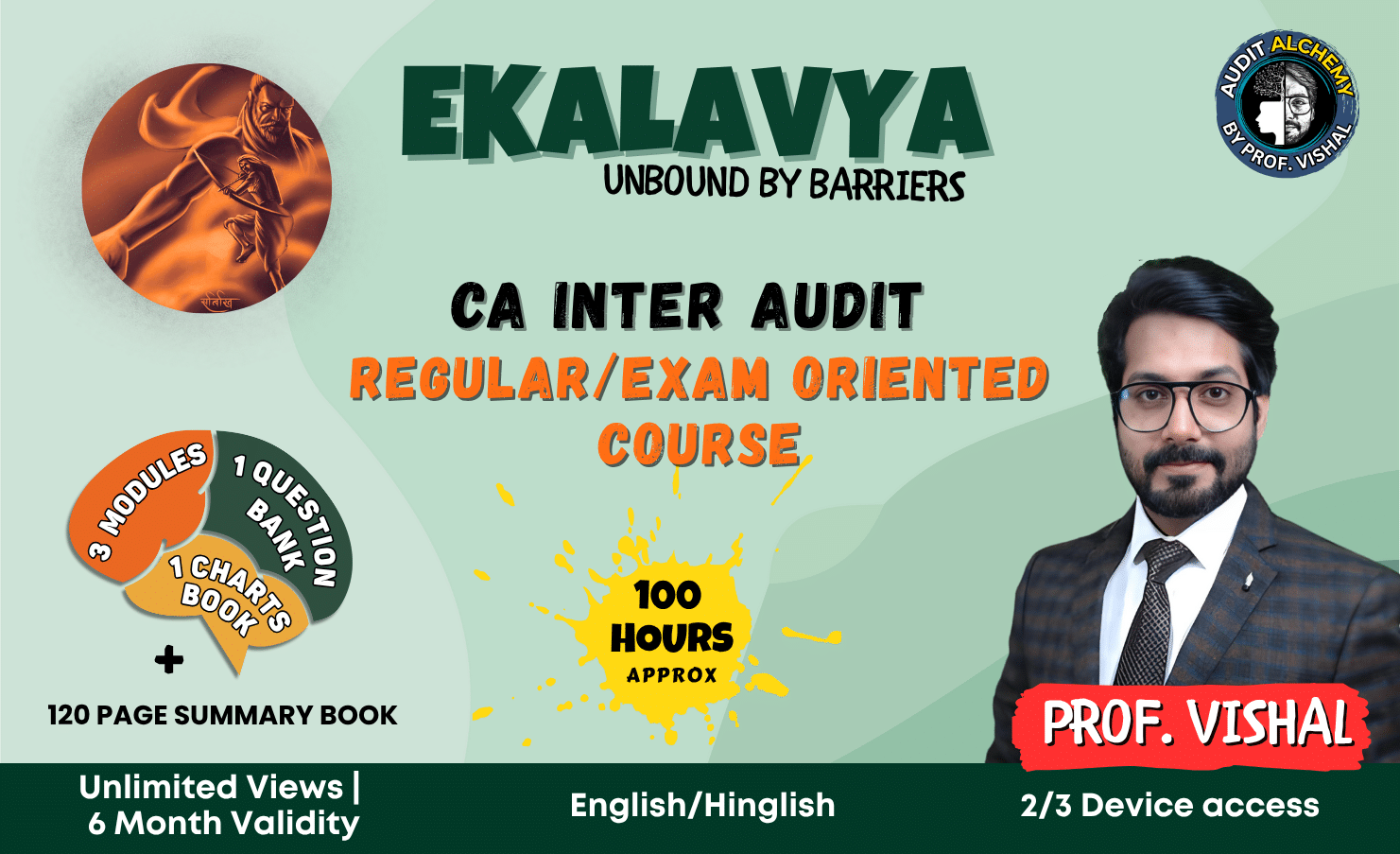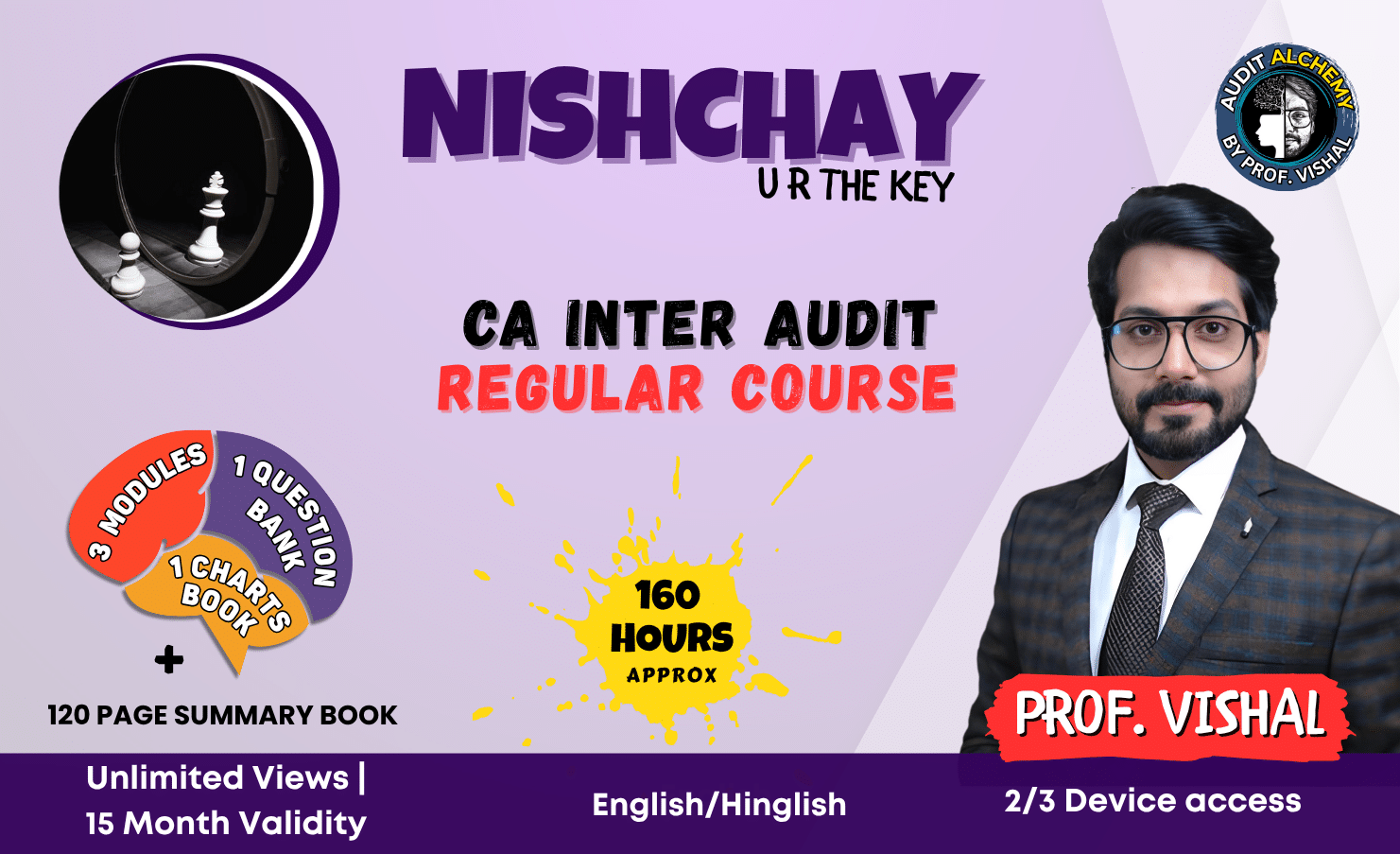Introduction
Accounts is a subject that resonates deeply with students, often marking their entry into the world of commerce during their 11th-grade studies. However, when transitioning to CA Inter, many stumble in qualifying the same paper. Accounting is both practical and scoring, making it not overly complex to earn an exemption. In this discussion, we delve into the reasons behind students’ struggles and offer solutions to overcome them.
Conceptual Clarity Is Key
Although students invest significant effort into practice, they tend to compartmentalize concepts for various questions. Remember, the focus shouldn’t be on rote memorization but on understanding the underlying concepts. Building a solid conceptual foundation ensures you can confidently tackle any question that tests your understanding.
Read more: Excelling in Practical Subjects: Tips for Exam Success
Managing Lengthy Papers
Predicting the difficulty of upcoming accounting papers is challenging, but their lengthiness is a constant. Failing to complete the paper is a self-inflicted mistake, indicating inadequate written practice. Emphasize time management and thorough preparation to conquer this hurdle.
Navigating Accounting Standards Presentation
A notable obstacle arises from the presentation of Accounting standards in papers. While students grasp concepts well, they struggle with effective presentation. This results in unnecessary mark deductions, despite possessing conceptual clarity. Extensive practice, particularly of standards, can refine your presentation. Aligning with the ICAI’s language enhances the impact of your presentation.
The Impact of Accounting Standards
Dismissing Accounting Standards’ significance due to their 20-mark weightage is a misconception. These marks are obligatory and often hold the key to scoring well.
Optimizing Study Time
The urgency and passion that once drove students to excel often fade as exam days approach. Procrastination steals precious study time, resulting in a last-minute rush. Building consistent study habits and starting with smaller tasks can mitigate this issue.
Crafting an Effective Revision Strategy
The number of revisions varies, but completing homework, initial review, and lectures ideally suffice. Yet, if these weren’t completed, a minimum of three revisions becomes essential. Organize your revisions systematically with a dedicated tracking sheet.
Strategically Approaching Accounting Standards
Selecting between tackling Accounting Standards or regular chapters first can be perplexing. For Group 1 accounts, addressing two chapters before one Accounting Standard is a prudent approach. In Group 2’s Advanced Accounts, covering one chapter followed by a theoretical and practical Accounting Standard strikes a balance.
Reliable Study Materials
While coaching materials are valuable, prioritize ICAI materials. Consistently cross-reference your notes with ICAI’s content for comprehensive coverage.
Fastrack vs. Regular Batches
A Fastrack batch for May 2022 students offers accelerated learning through concise notes and focused instruction. Opt for regular batches if you have more time until your November 2022 exams.
Strategies for Advanced Accounts
Studying Advanced Accounts systematically is crucial. Ensure comprehensive coverage of all chapters, including Consolidated Financial Statements and Partnership. Don’t disregard any section, as they collectively contribute 40-50 marks.
Effective Study Approaches for Accounts
For Group 1, mastering specific areas like Accounting Standards, Insurance Claims, Hire Purchase, and Investment Accounts is paramount. Even with command over these, address the areas you struggled with previously.
Study Order Matters
Adhering to the recommended study order simplifies your preparation process. Following the sequence we’ve outlined ensures a streamlined and effective approach.
Post-Class Strategy
After classes, focus on resolving doubts in problematic chapters before proceeding further.
Strategies for Effective Study
Strategically study two chapters and one Accounting Standard simultaneously for Accounts. For Advanced Accounts, alternate between chapters and theoretical and practical Accounting Standards.
In Conclusion
With these insights, you’re equipped to refine your CA Intermediate Accounts and Advanced Accounts study techniques. Feel free to ask any questions in the comments section – we’re here to assist you.




